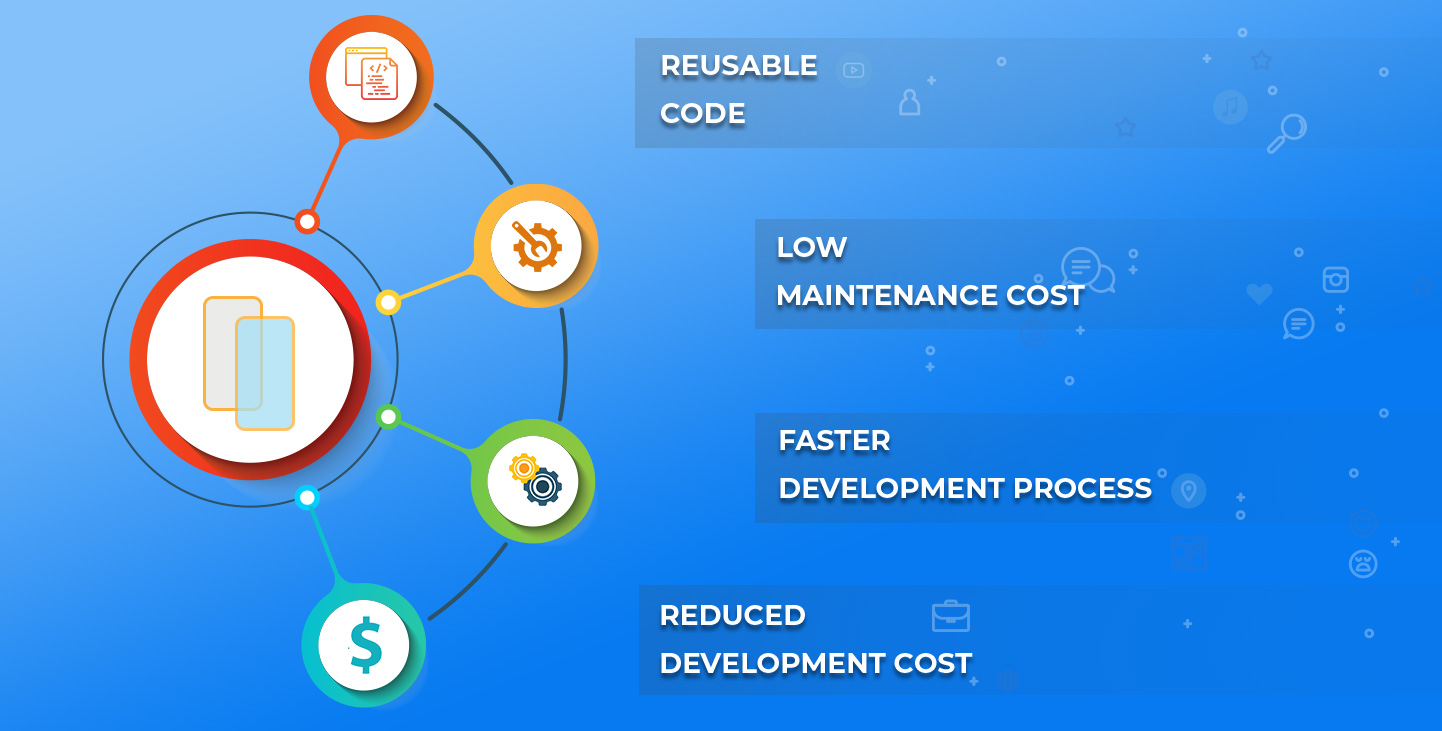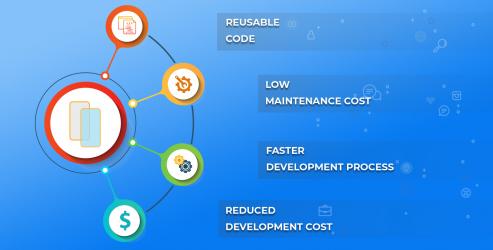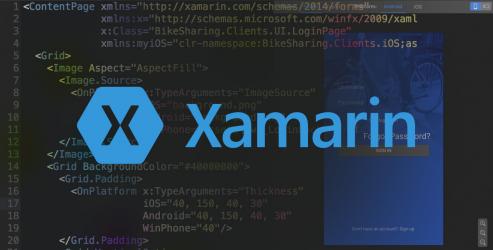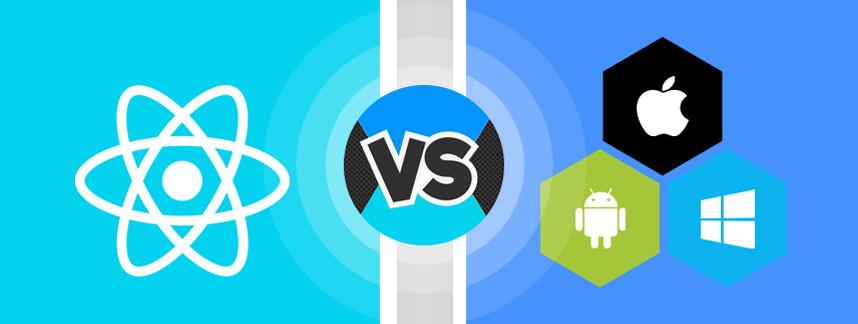
The beauty of a brilliant app endures in delivering a faster development process in reduced cost. These two USPs glorifies cross-platform apps presence over other apps. Of course, a great app should not be impaired by budgetary constraints, undoubtedly the evolution of Cross-platform App Development aims at the same aspect.
Today, more and more startups and SMEs find cross-platform apps a great technology option to connect a huge user base through multiple platforms. Shorter TTM (Time to Market) and less development cost are two enthralling factors that contribute to the prevalence of cross-platform apps worldwide.
Here are the benefits of cross-platform application development that can really help your business in boosting revenue.
Low Maintenance Cost:
The cross-platform app involves a single code which makes it easy to customize and support the app hasslefree. Further, there is no need to postpone the operation temporarily while performing regular maintenance of the respective app. Thus, easy and quick maintenance reduce cost.
Reduced Development Cost:
Well, the concept of cross-platform is based on ‘write once, run everywhere’. Therefore, the code reusability and rapid app development through tools can reduce the development cost gradually. This allows promoting your business on multiple platforms and devices in a cost-effective way.
Reusable Code:
The mobile app developers can simply use the reusable code for building a cross-platform app. It helps to avoid writing unique code for various platforms.
Faster Development Process:
Reduced development cost is one of the great advantages of cross-platform apps. With single source code for various platforms, the development efforts can be lessened by 50 to 80%. It supports to get a feature-rich business app in less time. The developers can immediately close the cross-platform app development timeline.
Easy Cloud Integration:
The single source code also makes it easy to integrate the cross-platform app with the cloud platform. Enterprise-grade plugins are available to integrate your business apps with the cloud thereby making them universally compatible.
Native Look and Feel:
Well, the prime objective of cross-platform technology is to deliver native-like apps. These days, thanks to the advent of advanced tools and functionality, developers can make cross-platform apps with the look and feel closer to the Native Apps. We can expect that in the coming days, such difference between the cross-platform apps and a native app will become a blur.
However, cross-platform development is bound by few limitations;
Performance Issues:
The mobile apps pose challenges associated with performance and also have integration intricacies with particular operating systems. The incompatible communication between the native and non-native components of devices is the reason for performance hiccups. Here, the cross-platform apps may lag behind their native counterparts.
Limited Tools:
Android and iOS platforms bring updated versions with advanced features and functionality, further technology is thriving, the cross-platform developers find it challenging to manage the cross-compliance of apps with insufficient tools.
UX Challenges:
The rich user experience, seamless performance, and engaging UI make the Native apps popular. The cross-platform apps can also have an elegant UI, but many time they lack user’s expectations. The performance-related glitches can ruin the user experience, which is prone to a cross-platform app.
Security Concerns:
The mobile app - being a soft target remains extremely vulnerable all the time, thus security concerns are the major challenge these days. Android and iOS platforms continue on reinforcing loopholes in app development with every modernized version, but the cross-platform app development tools are still limited and prompt to address app security concerns.
Some of the Popular Cross-platform App Development Tools
Ionic:
When it comes to building a cross-platform app with a native experience, Ionic application development is a formidable option. It has rich resources and offers easy customization. Be it a mobile app or web app, Ionic is a robust platform to handle the requirements of the business while ensuring a seamless functionality with a single app code. Ionic emphasizes on native look and feels with the UI interaction.
PhoneGap:
Xamarin enables developers to build native apps. Such apps run as if they have made by using the official IDEs. PhoneGap mobile app development takes a different approach. It enables mobile app developers to make an app with CSS, HTML, and JavaScript web languages. In other words, PhoneGap can provide an app that can run like web pages. Though you may compromise on some functionality, PhoneGap is a fairly good tool to create a static business app.
Flutter:
Simply put, if you are looking for an app solution that can save you time and effort, then cross-platform app development can be your choice.
Conclusion:
In recent years, the corporate sectors were eagerly looking for such concept - beneficial and come in minimum budget. This is one of the strong reason why the mobile app development company leveraging cross-platform to build apps.
The apps are a cost-effective solution to address people across multiple platforms and devices, and the development tools are further evolving with the advent of technological advancements. The developers can build enterprise-grade apps with ease.
Want your App development fast in minimum Budget?
Fill in the below form!
Being a technology first Mobile App Development Company, we deliver feature-rich cross-platform app solutions to the global corporate clientele. Our apps offer native-like experience to the end users and run seamlessly across multiple platforms.










